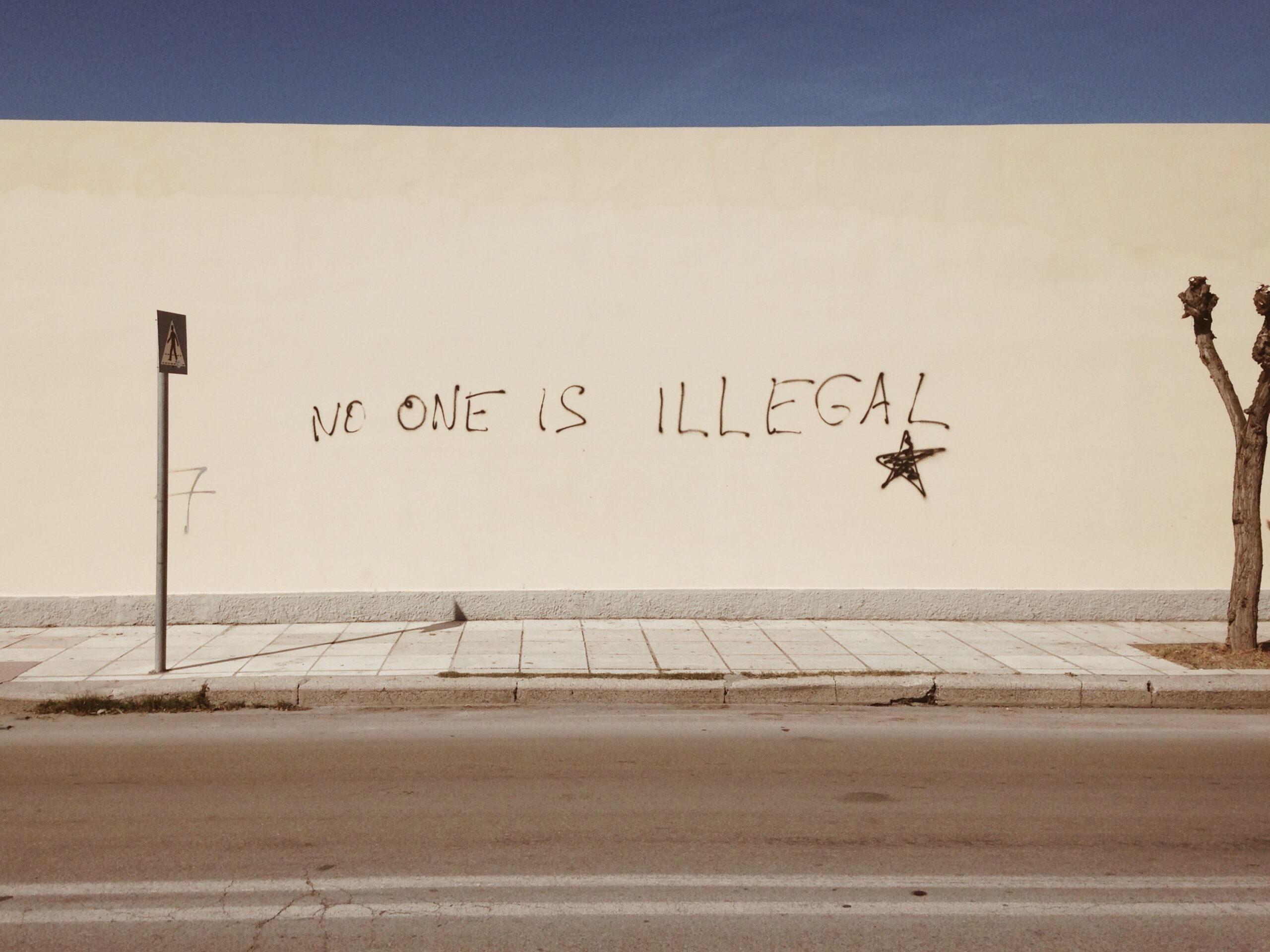France, one of the most influential countries in Western history and culture, has played a key role in world events and has had former colonies all over the world. With the Atlantic and Mediterranean Seas, the Alps and the Pyrenees as its borders, France has long served as a physical, linguistic, and economic link between northern and southern Europe. It is one of the top industrial powers in the world and the largest agricultural producer in Europe.
According to the most recent tourism statistics, France is the place to be, so it might be time to brush up on your French. The nation received an astounding 89.3 million tourists in 2018, making it the most popular travel destination worldwide. The third most visited city in the world, after Bangkok and London, is Paris, the nation’s capital.
France is one of the oldest countries in the world. It was created in the Middle Ages when several duchies and principalities joined forces under a single king. Even if the country’s regions have recently been given some degree of autonomy, central authority remains with the state now as it did before. The French people view the state as the principal guarantor of their freedom, and in return, the state offers a wide range of benefits to its residents, including free healthcare, pensions, and pension plans.
French culture, which is both universal and specific, has had a significant impact on the growth of both art and science, particularly anthropology, philosophy, and sociology. The French Revolution and the Age of Enlightenment gave the globe significant democratic principles, and for many years, reformist and even revolutionary groups were nurtured by France’s influence in politics and civil affairs. However, from its proclamation on September 28, 1958, when it was accompanied by a sharp increase in private initiative and the rise of centrist politics, the current Fifth Republic has been characterised by a significant stability. Despite engaging in protracted battles with other European countries (and, occasionally, with the United States, a long-time friend), France has established itself as a key player in the European Union (EU) and its predecessors.
Paris, one of the most significant cultural and commercial hubs in the world, is France’s capital and by far its most significant city. Paris, a majestic city known as the “city of light,” has undergone numerous transformations. Most notably, in the middle of the 19th century, Georges-Eugène, Baron Haussman, who was dedicated to Napoleon III’s vision of a modern city free from the choleric swamps and congested alleys of the past, with broad avenues and a regular plan, undertook this transformation.
The majority of the French terrain is made up of older mountain massifs, plateaus, and comparatively low-lying plains. The Alps and the Pyrenees are examples of newer, high ranges where this pattern obviously predominates. Continental Europe is typified by its diversity of land.



Leave a Reply